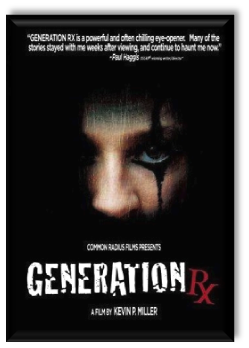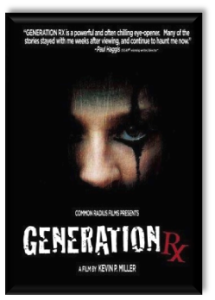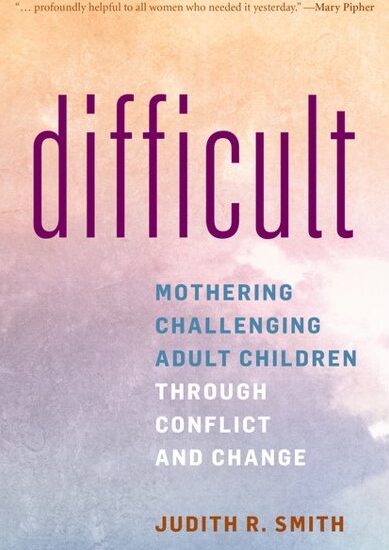
This disturbing tale begins with a question: are children taking psycho-stimulants like Prozac and Ritalin because of scientific information or commercial use? Shockingly, all the evidence favors the latter. After several doctors and a Pulitzer Prize nominated journalist began investigating, it was found that no valid studies have been conducted illustrating the benefits of these drugs. What was found was that the research was mostly anecdotal.
But how did these drugs then become so pervasive in our lives, especially in the lives of children? The answer lies in the clever marketing strategy of pharmaceutical companies. Children were the last “untapped” market, and once targeted for consumption, this industry enlisted the help of doctors. Suddenly psychiatrists received grants and were sent to conferences, all which drummed in the same information: some brains were chemically imbalanced and our drugs can help them. Through this system, psycho-stimulants became the method of calming restless children; all the while the perverse side effects were kept secret. It is through the use of these medications that normal human brains become chemically imbalanced and these medications can even cause brain atrophy.
Unlike heart disease, which has a set of symptoms—shortness of breath, palpitations, dizziness—disorders, like ADHD, which these drugs target have none. How can you diagnose anything without a set of ideas of how it manifests itself? At the ADHD Consensus Conference in 1998 Doctor Vonnegut, a pediatrician who has diagnosed hundreds of children with this disorder, could not clearly state the symptoms for recognizing ADHD. Later in that conference, they agreed that “there is no consistent diagnostic test for ADHD” and that their “knowledge about the cause or causes remain speculative”
What is not speculative however, are all the side effects these drugs have caused. There were 1,600 suicides committed under the influence of Prozac alone, from 1988-1992. Eight out of the thirteen school shoot-outs have had the aggressor under the influence of a psycho-stimulant. Christopher Blagbrough stabbed his father with a knife, under a Prozac stupor and was then taken to a psychiatric ward, where he committed suicide. These are but a few of the hundreds of deaths and violent outbursts caused by psycho-stimulant usages in children.
And yet what is the government doing? Surely the FDA has banned these drugs, or provided strongly worded labeling on these drugs. This is not the case. Most of the FDA committee members during the 1990s were also employees of the Pharmaceutical Companies, and their opposing agendas failed the public. Luckily for the public, there are watch groups like the Center for Health, Media and Policy (CHMP) which raise concerns through its connection of policy and media. More institutions like the CHMP need to be establish; their third-party stance is perfect to serve the public without an agenda.
Jennifer De Jesus is a student in the Macaulay Honors College at Hunter and an avid movie watcher. She is also an employee of the Health Professions Education Center, which has one of the largest collection of health films in the New York City area.










Kevin P. Miller / December 16, 2010
To Jennifer De Jesus:
Thank you for this powerful and accurate description of both my film, GENERATION RX, and the societal conditions surrounding the use of these medicines. It is heartening to note that your generation of leaders is beginning to change the way we view the use of psychiatric medications in this country. While the film does not call for the banning of these drugs, it does indeed highlight the need for a more balanced view of the science that has been used to perpetuate certain myths about their safety and effectiveness.
I wish you all of the best with your studies — and am grateful to know that there are people like you willing to stand by Truth. It gives me great hope for the future.
peace,
Kevin P. Miller
Writer/Director
GENERATION RX
/